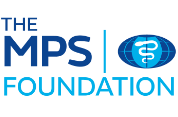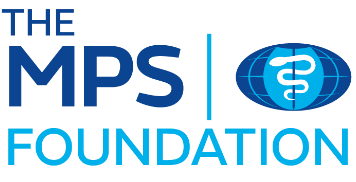Project title
Impact of moral distress and death and dying on physicians in Singapore
Country
UK
Background
Consistent exposure to moral distress impairs a physician’s quality of life, personal and professional identity, heightens the risk of burnout and maladaptive coping strategies, impairs clinical decision-making, and hampers interprofessional interactions that compromise overall patient care. Perhaps one of the most common sources of moral distress is caring for dying patients. Our reviews on moral distress, and the impact of death and dying, reveal that when unsupported, these experiences undermine a physician’s ability to provide personalised, holistic, and patient-centred care.
Our reviews also suggest that a better understanding of how physicians cope is possible by charting changes in their self-concept of personhood or “what makes you, you”. To this end, we apply the Ring Theory of Personhood (RToP) to interviews with clinicians in order to map coping and maladaptation. To sketch the spectrum of coping responses, we invite palliative care, oncologists, renal physicians, and emergency physicians who care for those facing end of life, from sudden death to death following chronic illness. We believe that this will aid us in informing efforts to shape educational and support mechanisms to help physicians in these fields and beyond.
Summary
RToP-guided semi-structured interviews with oncologists, palliative care, renal physicians, and emergency physicians caring for the dying will guide better individual support and shape the general training of physicians in these fields and beyond.
Outcome
This research aims to provide a holistic understanding of how caring for dying patients affects physicians, and provide clarity on their experiences, support for their coping mechanisms, and guide the design of educational initiatives to support and improve the wellbeing, coping, and efficacy of physicians working in this space and beyond.

